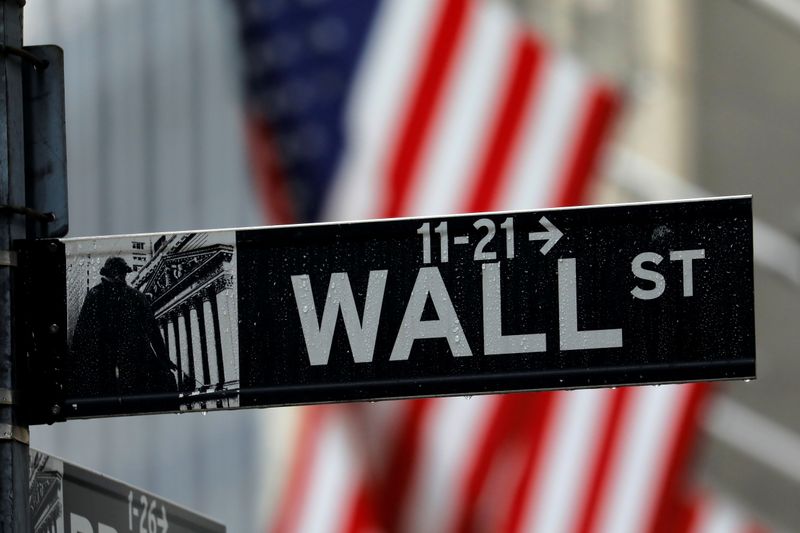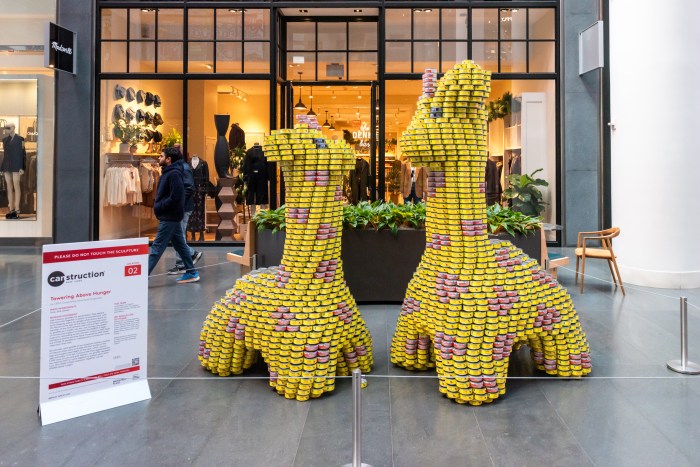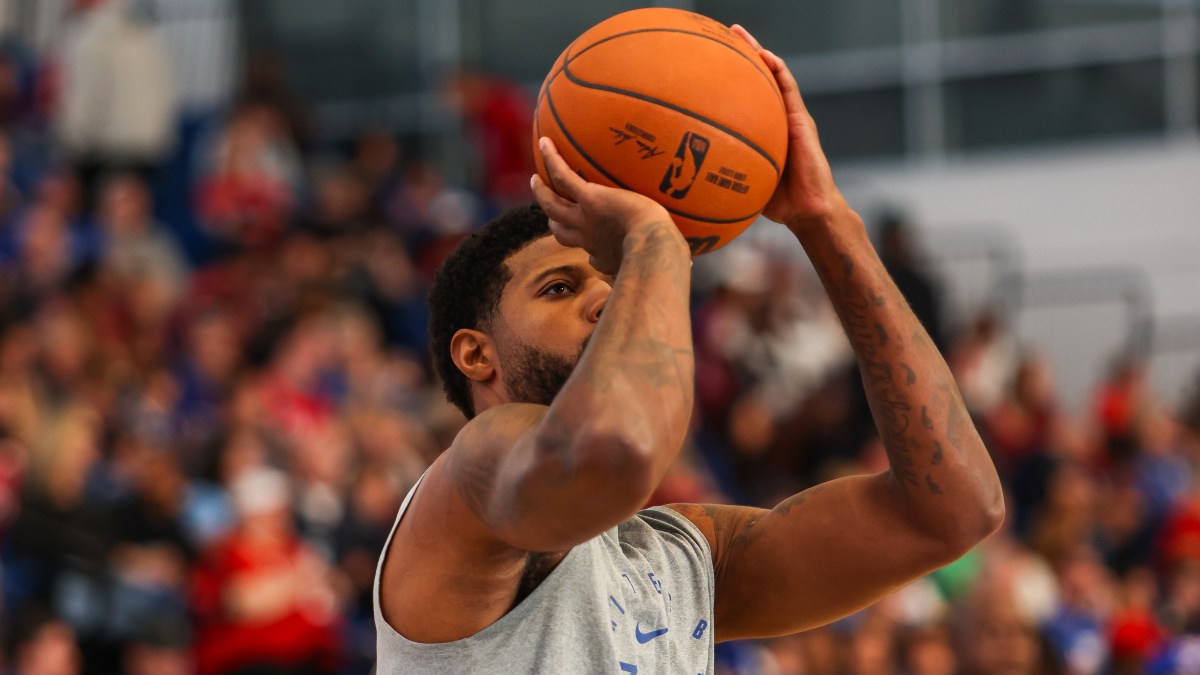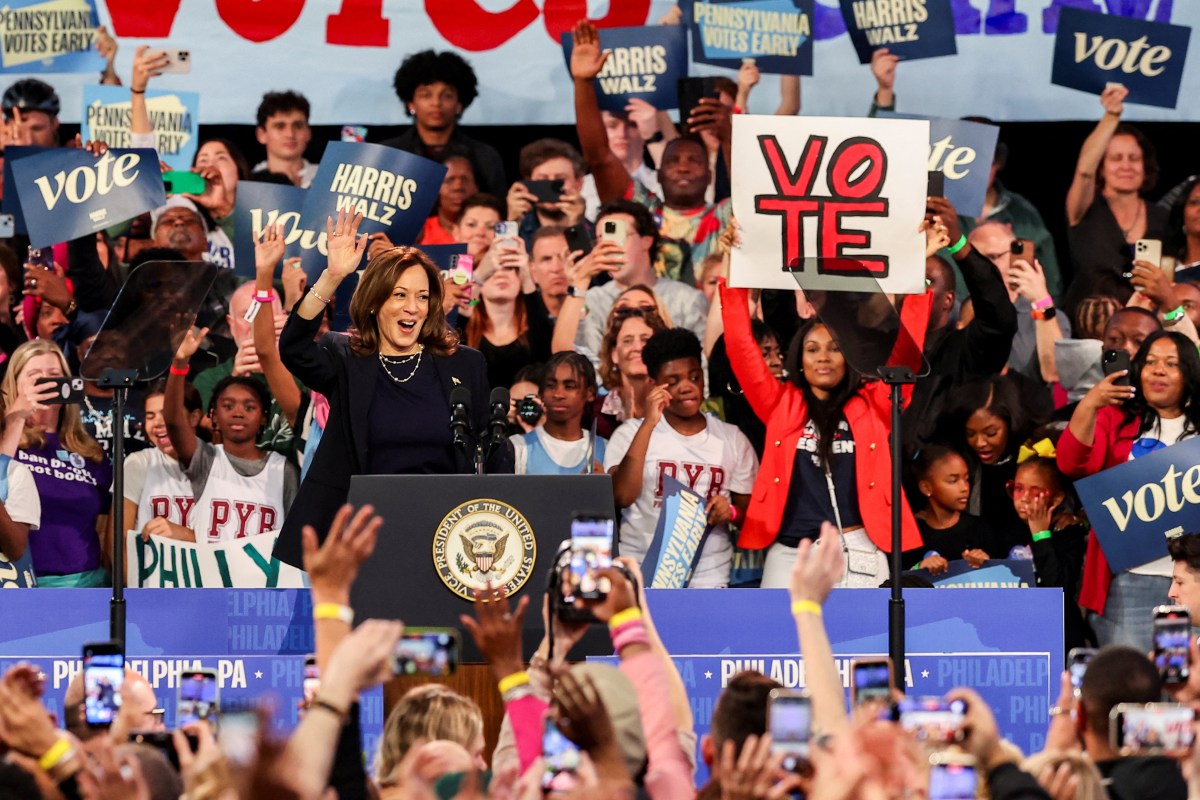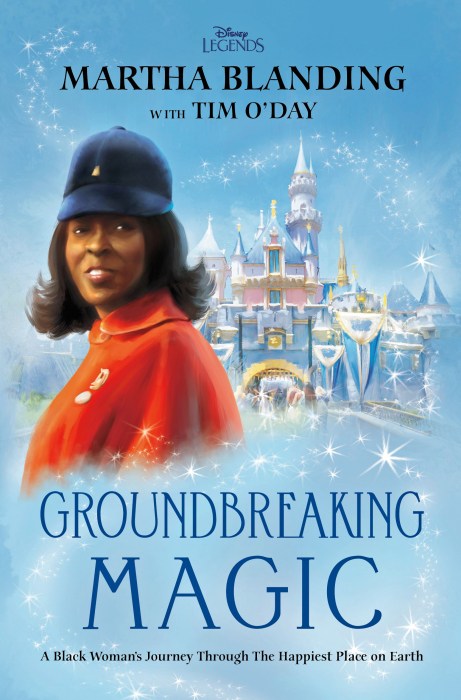NEW YORK (Reuters) – Optimism is surging among U.S. stock investors, as Wall Street indexes hit records at the end of a year marred by a global pandemic that sent the U.S. economy into a tailspin.
Investors have lowered cash reserves and poured money into stocks following breakthroughs on COVID-19 vaccines, expectations of more fiscal stimulus and less uncertainty about the U.S. presidential election.
Yet some worry that stocks now could be more vulnerable to any bad news like unexpected setbacks in the pandemic or delays in stimulus.
“Sentiment can be noisy at times and you don’t usually have everything agreeing,” said Willie Delwiche, investment strategist at Baird in Milwaukee. “Right now is an exception to that, where almost every sentiment indicator that I look at shows excessive optimism.”
Some say high stock-price valuations could be a warning sign. The S&P 500 now trades at just over 22 times forward earnings, well above its historic average of 15.3, according to Refinitiv Datastream.
Another valuation measure, comparing the S&P 500’s market capitalization to nominal U.S. gross domestic product, or the “Buffett Ratio,” is at its highest level in history, according to Yardeni Research.
“The current altitude of the Buffett Ratio and other valuation measures has us all wondering how much higher they can go without risking a severe market meltdown,” Ed Yardeni, chief investment strategist of Yardeni Research, said in a note.
One key reason for the feel-good mood is the performance of the stock market itself. Unprecedented support from the Federal Reserve and U.S. lawmakers bolstered investor confidence and pushed many to take risk during the worst economic downturn in decades.
The optimism could add to the market’s momentum during December, historically the third-best month of the year for stock performance, according to CFRA Research.
The S&P 500 closed on Tuesday at 3,702.25, up 14.6% for the year and well above the median year-end price target of strategists, according to a Reuters survey late last month. Among the banks whose 2020 price targets for the index has recently been hit is a 3,700 forecast by Goldman Sachs and BMO Capital Markets’ target of 3,650.
“There’s one thing that makes investor optimism typically go higher and that’s higher stock prices,” said Keith Lerner, chief market strategist, Truist/SunTrust Advisory Services in Atlanta.
The most recent survey of fund managers by BofA Global Research found professional investors at their most optimistic about stocks since January 2018, with a net 46% of fund managers saying they are overweight equities.
Cash levels, which when low indicate market optimism as investors buy assets, were back to early-year lows, according to the survey.
“We expect investors will continue to shift assets away from money market funds and towards equities,” Goldman Sachs analysts said in a recent note.
A worsening spread of the virus may already be taking a bite out of the nascent U.S. recovery, though stocks have shrugged off recent shaky economic data. The U.S. economy added the fewest workers in six months in November, hindered by a resurgence in COVID-19 cases.
Stocks could also see pressure should hiccups arise for the rollout of vaccines against COVID-19, since expectations for an economic re-opening hinge on successful distribution. Insufficient economic stimulus from the U.S. Congress could also test optimism, investors said.
The latest weekly survey https://www.aaii.com/sentimentsurvey? by the American Association of Individual Investors (AAII) found bearish sentiment at an 11-month low.
Flows into all equity funds last month provisionally totaled $127 billion, topping the previous monthly record set in January 2018 by some $17 billion, according to fund-tracker EPFR.
Another sign of optimism is in the options market. The ratio of puts, which are the right to sell an asset, to calls, which are a right to buy, is at the lowest point since 2000 on a monthly average basis, according to Lerner.
“Investors’ expectations of the stock market now have risen and it just means the hurdle rate is higher for positive surprises,” Lerner said.
(Reporting by Lewis Krauskopf; Editing by Ira Iosebashvili and David Gregorio)

